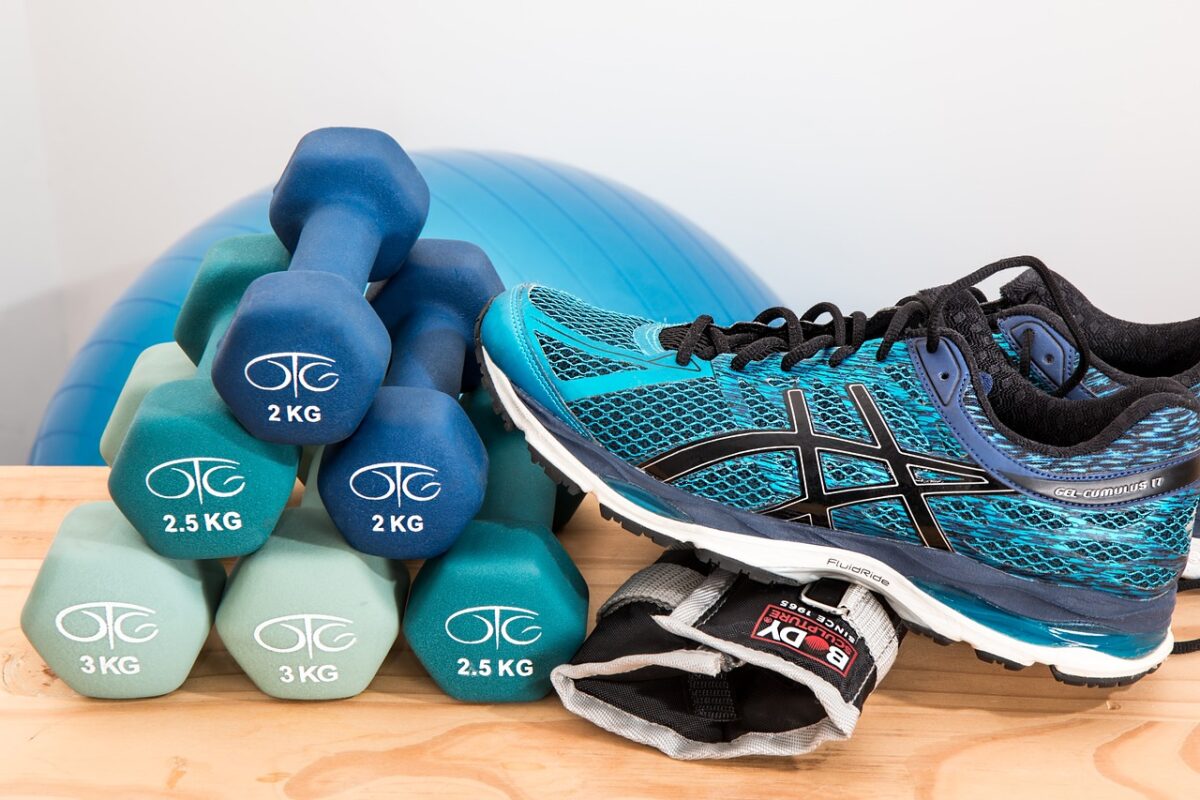How Much Should You Be Working Out?
July 2, 2023 by DoctorShawn

Exercise is essential to maintaining a healthy lifestyle, but how much is enough? With a dizzying array of workout routines, fitness gurus, and exercise programs, it can be challenging to know what is best for you. The American Heart Association (AHA) and Centers for Disease Control and Prevention (CDC) have issued recommendations for cardio and resistance exercise levels per week. In this blog post, we will explore these recommendations and provide guidance on how to achieve them.
Cardio Exercise Requirements:
The AHA recommends that adults engage in at least 150 minutes of moderate-intensity aerobic activity or 75 minutes of vigorous aerobic activity per week. Moderate-intensity activities include brisk walking, dancing, or cycling at a speed of 10-12 miles per hour, while vigorous activities include running, hiking uphill, or cycling at a speed of more than 12 miles per hour. These activities should be spread throughout the week, with sessions lasting at least 10 minutes each.
Regular aerobic exercise has been shown to have numerous health benefits, both physical and mental. According to recent research, some of the key benefits of aerobic exercise include:
-
Improved cardiovascular health: Aerobic exercise has been found to decrease the risk of heart disease and stroke, as well as lower blood pressure and LDL cholesterol levels (Source: https://www.medicalnewstoday.com/articles/327100).
-
Reduced risk of cancer: A study published in CNN found that just 11 minutes of moderate-to-vigorous intensity aerobic activity per day could lower the risk of cancer (Source: https://www.cnn.com/2023/02/28/health/moderate-physical-activity-cancer-death-risk-wellness/index.html).
-
Increased life expectancy: Research shows that people who include aerobic exercise in their daily routine can increase their life expectancy (Source: https://www.webmd.com/fitness-exercise/what-are-aerobic-exercises).
-
Improved brain function: Short-term aerobic exercise has been found to improve cognitive and brain health in sedentary adults (Source: https://www.frontiersin.org/articles/10.3389/fnagi.2013.00075/full).
-
Better sleep quality: Research suggests that engaging in regular aerobic exercise can improve sleep quality and duration (Source: https://www.ncbi.nlm.nih.gov/pmc/articles/PMC5448449/).
Resistance Exercise Requirements:
The CDC recommends that adults engage in muscle-strengthening activities that work all major muscle groups two or more days per week. These activities include weightlifting, bodyweight exercises, and resistance bands. Ideally, each exercise should be repeated for eight to 12 repetitions, targeting each muscle group for a total of two to three sets.
Recent research has shown that resistance exercise provides numerous health benefits, including:
-
Improved bone health: Resistance exercise has been found to increase bone mineral density and reduce the risk of osteoporosis (Source: https://www.ncbi.nlm.nih.gov/pmc/articles/PMC5986488/).
-
Better metabolic health: A study published in the Journal of Strength and Conditioning Research found that resistance exercise can improve insulin sensitivity and glucose metabolism, which can help prevent type 2 diabetes (Source: https://journals.lww.com/nsca-jscr/Abstract/2023/02000/Effects_of_Resistance_Training_on_Glucose_Control.6.aspx).
-
Reduced risk of cardiovascular disease: Research suggests that resistance exercise can improve blood pressure, lipid profiles, and overall cardiovascular health (Source: https://pubmed.ncbi.nlm.nih.gov/22874843/).
-
Improved mental health: Resistance exercise has been found to have positive effects on both anxiety and depression symptoms (Source: https://www.ncbi.nlm.nih.gov/pmc/articles/PMC5842975/).
-
Better quality of life: A study published in BMC Public Health found that resistance exercise is associated with a better quality of life in older adults (Source: https://bmcpublichealth.biomedcentral.com/articles/10.1186/s12889-020-09812-w).


